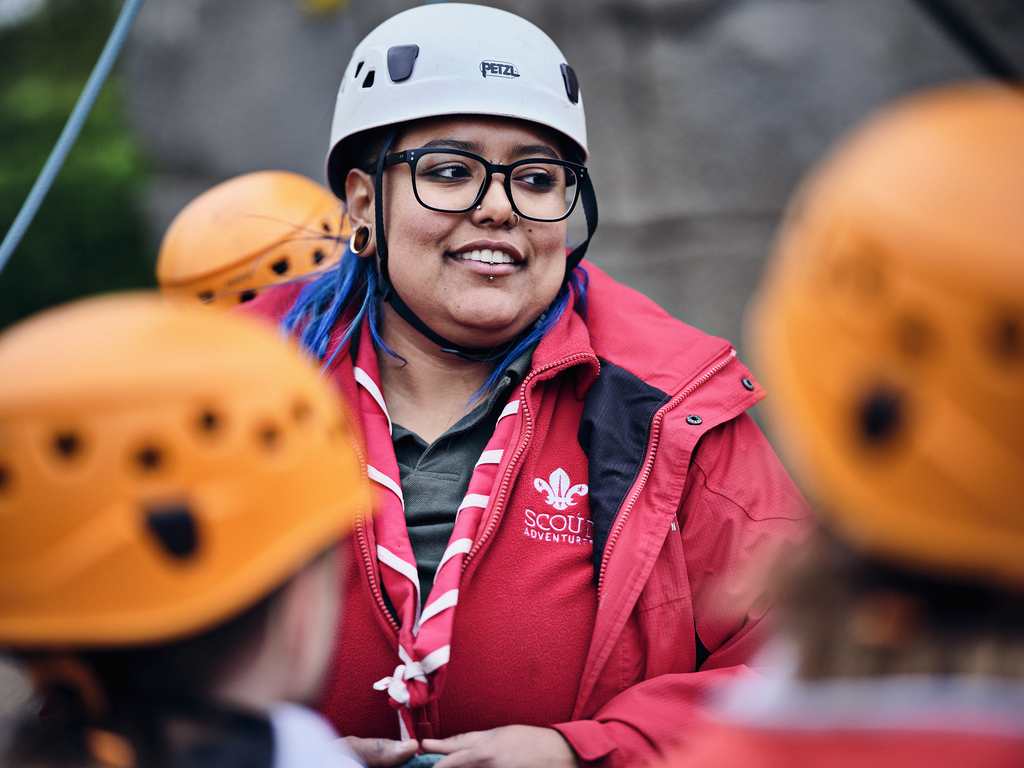A Warmer Welcome
Why we need to create a warmer welcome?
- So that we can attract new volunteers and keep the ones we have
- So that we can grow our movement and reach new communities
- So that we do less admin and have more time for the things that matter most
- Because volunteers told us the welcome process can be off-putting



